Concerns about the risk of losing income
According to Ms. Nguyen Thi Hanh - a worker at Tan Tao Industrial Park (Binh Tan District, Ho Chi Minh City), recently, realizing that the Government is focusing on developing social housing, her family has also researched with the desire to own a house of their own.
However, through calculation, with the couple's income of about 18 million VND/month without overtime. Ms. Hanh said that she would face many difficulties if she accepted to borrow to buy social housing. Because according to calculation, minus the living expenses and tuition for her son, each month Ms. Hanh and her husband can only save a maximum of 7 million VND.
"If there are no problems in both families, jobs are stable without changes, the family does not encounter risks or illnesses, then I can save 7 million every month. If I work overtime, the amount of money I can save can be more. But the initial amount of money my husband and I can save is not much. If we borrow up to 80%, we will have to pay off all our savings every month if we buy a house worth about 1.2 billion, even if we get a preferential loan package. We may even have to cut down on living expenses to pay off the loan," said Ms. Hanh.
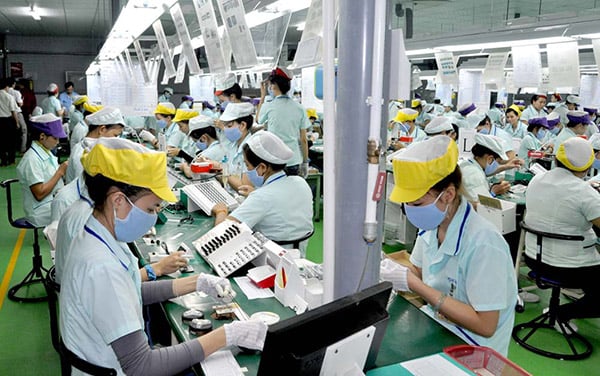
Many workers are 'afraid' to access social housing because of fear of losing their jobs.
In addition, Ms. Hanh is also worried because the job market is full of risks. Recently, many companies in the garment industry, like the one she is working for, have had to announce layoffs due to lack of orders. If she loses her job while in debt, it will be a real burden on her family.
This is also the concern of Mr. Minh Thang, an office worker in Hanoi . Mr. Thang said that with a salary of only about 9 million VND/month and about 5 million VND in freelance income, it is really difficult to buy a social housing unit without help from relatives and family. Because he is still single, a salary of 9 million VND for Mr. Thang is enough to cover living expenses and rent.
With only 3-4 million VND per month, depending on the monthly income, it will be very difficult to pay for a loan of up to nearly 1 billion VND, with social housing projects such as NHS Trung Van (Nam Tu Liem, Hanoi) that have just opened for sale.
"The cost of living is increasing day by day, and salaries are also increasing but not keeping up. That's why I never thought of buying my own house. Not to mention that low-cost housing like social housing is now sky-high in price," Thang shared.
Even without thinking about how to pass the lottery, many workers with salaries that qualify for social housing always have many worries when thinking about having to take on a large debt to buy a house. Some opinions say that if the strong development of social housing projects can reduce housing prices, and at the same time, preferential loan policies with better interest rates and longer terms so that the monthly payment is not too large, many workers will be able to easily access these projects.
However, at present, although there are plans to promote the development of social housing, the supply of this type is still very small compared to commercial housing. Not to mention that access to information on buying and renting social housing in the primary market is also very limited, and prices are even pushed up by brokerage services.
There are still many shortcomings in the conditions for choosing the buyer.
Responding to the shortcomings in the conditions for purchasing social housing, Mr. Le Hoang Chau, Chairman of the Ho Chi Minh City Real Estate Association, once said that there are currently many bottlenecks related to social housing, including bottlenecks in determining eligible buyers.
Accordingly, in terms of income conditions, if workers reach the level of personal income tax, they are not eligible to buy social housing. But in reality, there are many workers who pay personal income tax but it does not mean that they have high income and are able to buy commercial housing.
In addition, many other opinions also said that the current conditions are difficult to meet the right subjects. There are even many cases of law evasion or the subjects submitting the purchase application are not low-income people. As in the past few days, many information shows that there are people who come by car to submit their application to buy social housing or some cases own many plots of land but are still eligible to buy, because the law only regulates housing, not land ownership. These people also often do not use social housing for real living purposes if they are able to buy, instead they will find ways to transfer it in the form of authorization or lease.
These shortcomings have affected the development orientation of social housing for low-income people and related social security and urban economic development programs. Perhaps because of these shortcomings, social housing has not yet been able to promote its importance to many people. Not to mention the shortcomings encountered in the development of low-cost social housing projects suitable for workers in recent years.
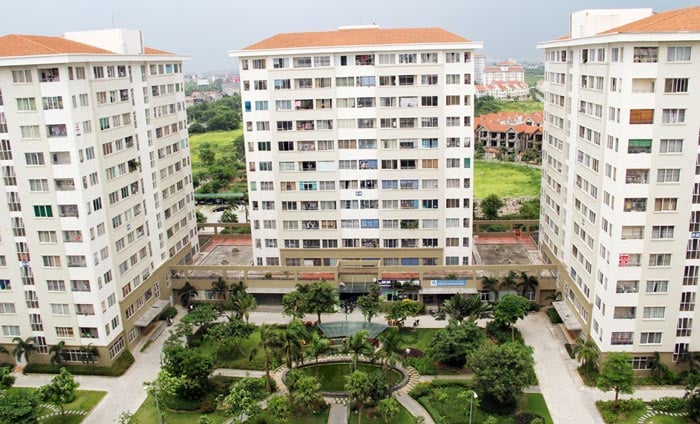
Developing social housing is a long process when there are still many unresolved problems.
This is shown through the data of the Ministry of Construction, specifically in 2022, commercial housing nationwide has 126 new projects with 55,732 licensed apartments, only about 52.7% compared to the previous year. For social housing projects, the whole country has 9 newly licensed projects with a scale of 5,526 apartments; there are 114 projects with 6,196 apartments completed construction; there are 27 projects with 8,245 apartments eligible to sell housing.
Meanwhile, the demand for social housing nationwide in the 2011-2030 period is about 440,000 apartments, but so far only over 30% of the plan has been achieved. In Ho Chi Minh City alone, in the 2015-2020 period, only 15,000 social housing apartments were put on the market, only a small fraction of the actual demand.
In 2022, Ho Chi Minh City also plans to build 10 projects with 6,751 apartments, but only completed one project with 260 apartments. Meanwhile, there are up to 9 projects, with a scale of about 6,500 apartments, still unfinished.
The above issues are a challenge to the future social housing development strategy. To achieve the goal of providing housing for low-income people, especially workers who are eligible to buy, it is necessary to quickly overcome the shortcomings that have been pointed out by many experts in the past.
Source





![[Photo] Prime Minister Pham Minh Chinh chairs meeting to deploy overcoming consequences of storm No. 10](https://vphoto.vietnam.vn/thumb/1200x675/vietnam/resource/IMAGE/2025/10/3/544f420dcc844463898fcbef46247d16)

![[Photo] Students of Binh Minh Primary School enjoy the full moon festival, receiving the joys of childhood](https://vphoto.vietnam.vn/thumb/1200x675/vietnam/resource/IMAGE/2025/10/3/8cf8abef22fe4471be400a818912cb85)
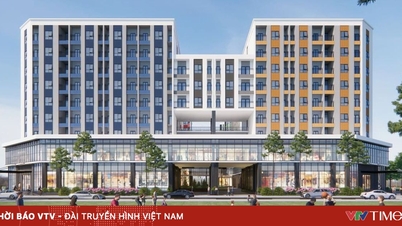

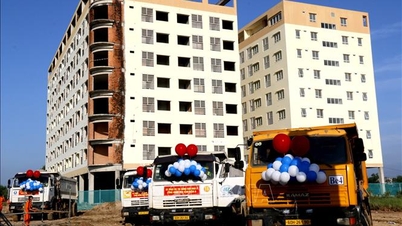



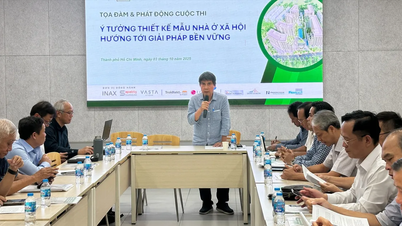

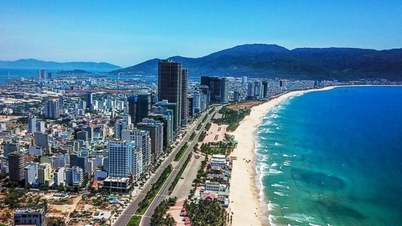

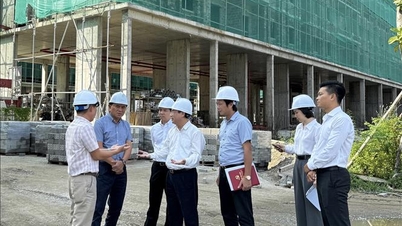






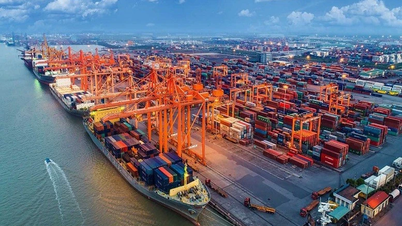
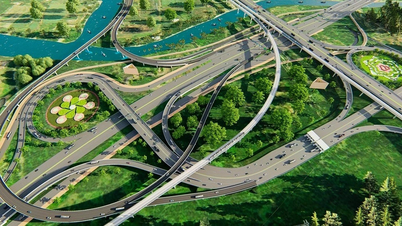




























































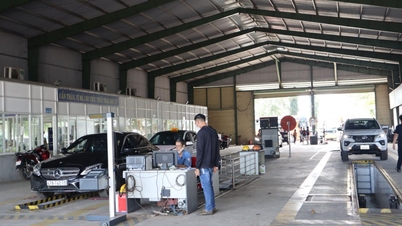
















Comment (0)